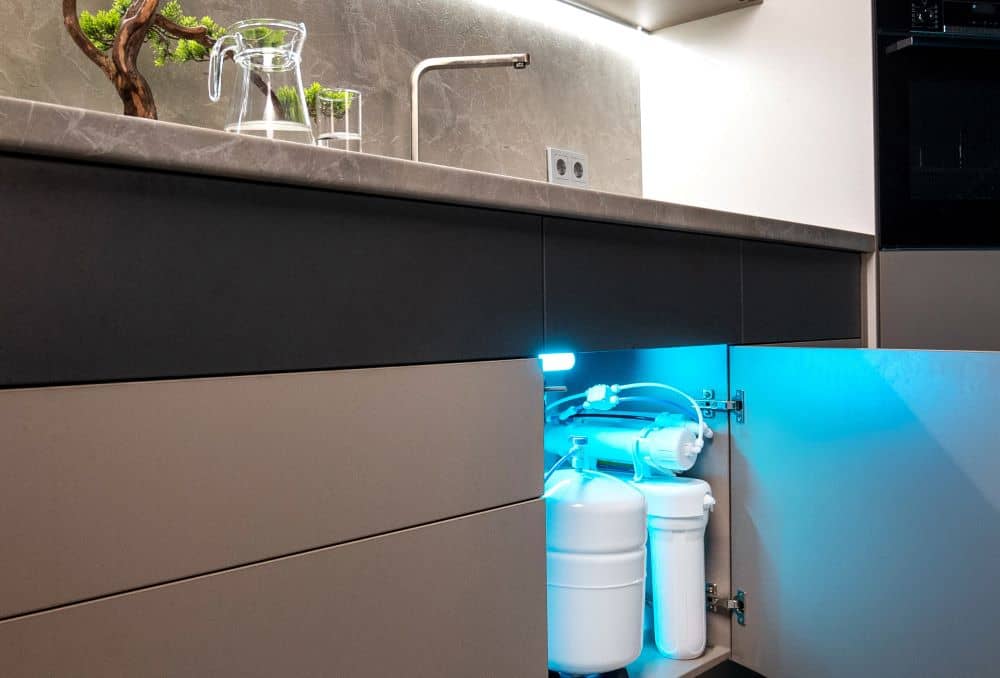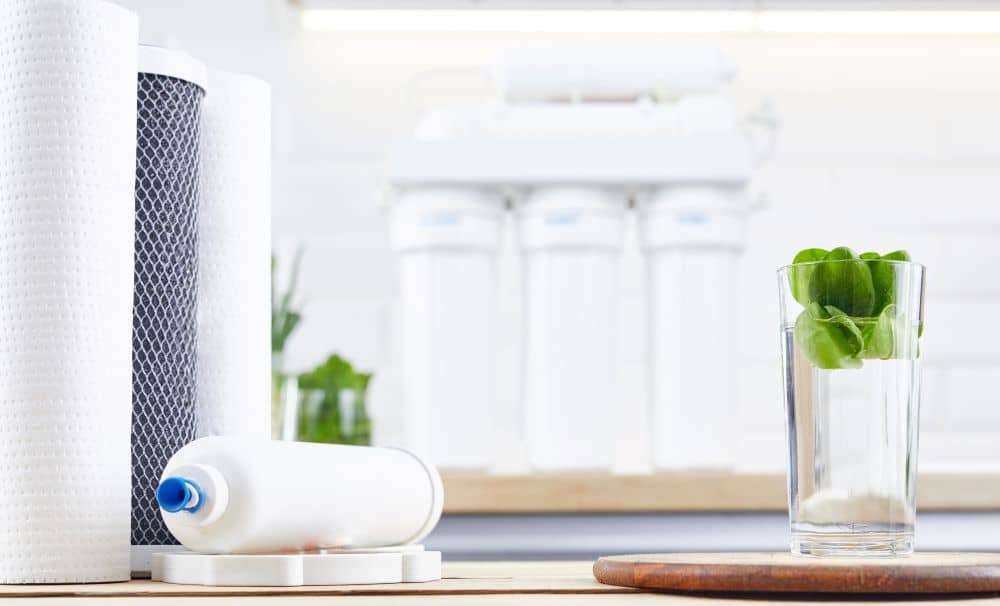Water filters let you enjoy clean drinking water, which is essential to your health. The problem is that there are a ton of water filtration systems available, so it’s overwhelming to select just one (and not regret it later). If you want to ensure water safety, especially drinking water, this blog is for you. We’ve put together the basics about water filtration, including the types of systems. That way, you can pick the most suitable water filter for your home.
Why is Water Filtration Necessary?
Have you ever wondered about the quality of water from your tap? Sure, it went through some rigorous tests before it reached your home. But are you sure that it is good enough to drink? Safe drinking water contains additives to disinfect the water supply in Australia. This water, though, often has an aftertaste and smell that some people are not fond of.
When you filter water, you remove those additives. But don’t get excited because you should first decide what to filter and which device to use. Also, you have to consider your budget or how much you want to spend.
However, smell and taste are not the only problems. Despite thorough testing, contaminants can still enter the water supply, such as pesticides, fertilisers, industrial pollutants, and chemicals from flame retardants, pharmaceuticals, and car emissions. The list goes on. Well-respected studies have linked some of the contaminants to kidney and liver diseases, as well as cancer. So, if you think about it, the Australian water suppliers have an onerous responsibility to fulfil.
It doesn’t stop here. Although the Australian Drinking Water Guidelines state that water should not contain pathogens and harmful chemicals, water continuously gathers contaminants as it moves to your house. Pipes leading to your home and those in your house can contaminate your drinking water. And with all the chlorine, fluoride, and other disinfectants in the water, their taste and smell can linger.
Types of Water Filtration Systems
Most filters for drinking water come with carbon filtration capabilities. Others use two or more filtration media types to remove various contaminants effectively. You can find options like metallic alloy, ceramic filters, and reverse osmosis. Each of these filtration media types has its strengths and weaknesses. It’s up to you to decide, which is why it’s essential to know their abilities and limitations. For example, carbon filters can eliminate almost all contaminants. Still, they cannot deal with the fluoride content in the drinking water.
When selecting a water filter, one of the most significant deciding factors is the product type. Here are the top four water filtration products that you can choose from today:
1. Standalone Dispenser Systems
This filtration system is considered a tap filter type. It introduces a large water dispenser in your home, which you will have to fill on your own. This water dispenser is simple and easy to install, with virtually no requirement except floor or benchtop space. But don’t worry; it does not need a large area. It’s also relatively inexpensive, making it a good filter for those on a budget.
A standalone dispenser system has a freestanding filter unit, which you can place next to your sink. It will be connected to your tap using a hose. This water filtration system has a diverter valve, which lets you control the filter when you want it to function. It’s an excellent solution for DIYers.
2. Under Sink Filter Systems
This filtration system is similar to the standalone dispenser, except it is placed under the sink, as the name suggests. The difficulty level of the installation process increases a little bit. An under-sink filter system requires you to connect it to your cold water line. It also comes with a separate tap, which is dedicated solely to your drinking water. This gives you more peace of mind, especially knowing that you drink safe, tasteless, and odourless water.
Many under sink filter systems have reverse osmosis filters. You’ll know your system has RO filters because these filters require their tank for the filtered water. They also need to be connected to your water waste line.
Whilst some homeowners are quite handy, we don’t recommend that you install an under-sink filter system on your own. Unless you know how to safely and properly cut a hole in your benchtop, it is best to leave the job to the pros.
3. Whole House Filter Systems
A whole-house system is also known as a Point of Entry system. It connects directly to your water line, which means that all water flowing to your home will be filtered automatically. The system typically has a high flow rate, which means that it can’t filter as much as a standalone and under the sink filter.
However, you get filtered water everywhere, not just for your drinking water but also when you bathe or shower. It’s the most convenient for many homeowners. You cannot DIY install this type of filtration system, so you will have to hire a licenced plumber to do it for you.
4. Reverse Osmosis Filters
RO filters are recommended for residential and commercial properties. With this filter, a fine membrane catches impurities as the water passes. All the collected metals, salts, chemicals, and bacteria will be flushed out of the drain. Reverse osmosis filters are highly capable, allowing you to enjoy the water that’s 98% free from impurities.
Out of these four product types, which is the best filter for you? The answer depends on your situation, budget, and needs. If you want an easy to set up and use filtration system, consider standalone dispensers. They are affordable, and you will not have much trouble moving them to another location. If you want a plumbed-in system with a dedicated drinking water tap, you may want to choose an under the sink system. Since it’s under the sink, you never have to worry about it getting in the way.
For a high degree of filtration, go for reverse osmosis filters. Although they’re costlier, they can get rid of contaminants and quickly give you filtered, tasteless water. Now, if you want your entire water line to produce filtered water, choose a whole house system. When added with a water softening component, the system can also reduce chemicals like barium and radium.
Do you want safer water without taste and smell? Let us help you make the switch to a suitable water filtration system for you and your family. Contact Perth Local Plumbing & Gas today.







